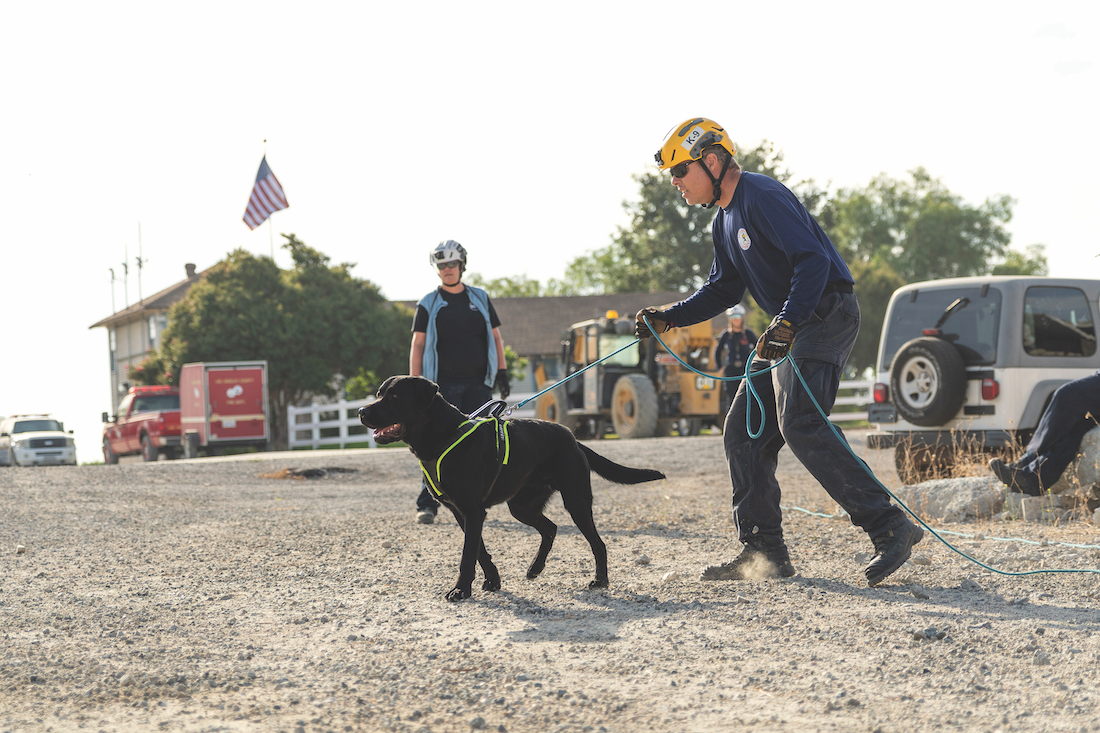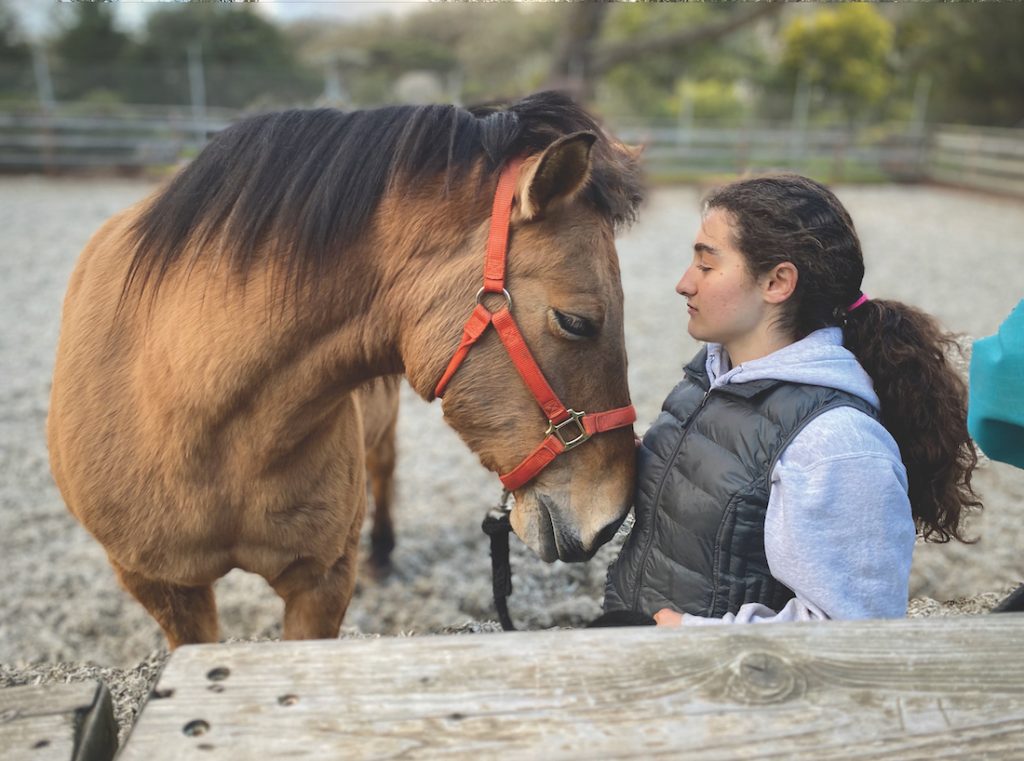Everyday Animals Are Superheroes

We love our animals. As pets, our cats, dogs, birds, rodents, and lizards are our most loyal companions and best friends. We love them so much, we don’t always recognize what, aside from their love, they’re giving us in return. A pet in your household is correlated with several health benefits: lowered blood pressure, reduced levels of anxiety and depression, improved cognitive function for older people, improved social skills for children. The mere responsibility of taking care of a dog means more outdoor activity for the owner, and therefore, more opportunities for socialization, as well as lowered cholesterol and triglyceride levels.
With these bonus benefits, it’s hard to imagine that there’s anything more that a loving animal can do for us. They’re our friends, but can animals also be superheroes?
“Any type of disaster, even a small one, is someone’s worst day. We want to make sure we don’t leave anyone behind,” said Denise Sanders, senior director of communications and search team operations with the National Disaster Search Dog Foundation, based in Santa Paula, California. The Search Dog Foundation (SDF) recruits rescue dogs from shelters and trains them to search for victims of traumatic disasters.
The Search Dog Foundation was founded by FEMA-Certified Search Specialist Wilma Melville. She witnessed firsthand the greater need for search dogs while combing the ruins of the Alfred P. Murrah building for survivors in the wake of the Oklahoma City bombing of 1995. There, Melville saw an opportunity for unwanted rambunctious shelter dogs to become heroes.
“It takes a unique dog to do this work,” said Sanders. “These dogs don’t do well sitting still; that’s how they end up in the shelter in the first place. They need a job to channel that energy and that’s what we give them.”
Selected shelter dogs get plenty of opportunities to channel their energy at SDF’s National Training Center facility in Santa Paula. Over a sprawling campus, it features specially designed and reconfigurable disaster replications where the dogs can hone their skills in various rescue operation scenarios: a train wreck, collapsed buildings, piles of rubble, a tilted house, and more.
Many of the dogs go on to assist in real life search and rescue operations. Recent deployments in 2023 have included the earthquake rubble in Turkey and the aftermath of the devastating fires in Maui, but SDF has been deploying teams for many years, including to the World Trade Center after 9/11.
The dogs who aren’t deemed fit to serve on a search and rescue team still find their place doing “nose work” in other fields like biological conservation, narcotics detection, or medical alert. Most importantly, the dogs are loved and cared for and never returned to shelters.
“Once rescued they will never be rescued again,” said Sanders, assuringly.
And for those seeking to overcome the effects of trauma, healing can be found with the help of a different animal: horses.

Located in a dedicated space within the San Francisco Zoo is Brady Riding, a group that offers therapeutic horse-riding lessons to children with physical, emotional, and developmental disabilities.
“Because of the challenges they have faced, a lot of these kids are resistant to therapy,” said Sarah Meakin, Brady Riding’s program director. “They don’t want to be put into another situation where they need help, or they’re told that they are broken.”
For over 35 years, Brady Riding has served children with varying needs. Equine therapy provides an alternate approach to the sterility of the doctor’s office by offering an outdoor environment that feels fun.
Bonding with horses, children on the autism spectrum develop stronger communication skills. When physical therapy sessions seem too daunting for children with cerebral palsy, riding horses is an alternative healing avenue that helps with developing stronger motor skills.
Other equine therapy centers corroborate the emotional and social healing boost that interaction with horses can provide.
“It gives people more confidence,” said Barbara Auerbach, executive director of Circle of Horses in Fort Bragg, now in its tenth year of operation. “They’re dealing with a large animal. When a horse doesn’t have a herd, it’s depending on you. That gives the rider a sense of responsibility, focus, balance, and confidence. You’re socializing, communicating.”
Equine therapy isn’t exclusively for people with developmental issues. In recent years, Circle of Horses became a refuge for people suffering from general anxiety in the wake of the COVID-19 pandemic.
“When you’re around a horse, it’s very heart opening,” said Meakin. “A horse doesn’t have an agenda.”
Whether horse, dog, or other loyal companion, it’s important not to forget that even superheroes need love. Through these organizations, the animals have not just a purpose, but a home where they get the love they deserve.
“A dog is not a piece of equipment,” said Sanders. “They’re living beings that need to consistently train and make a bond. How do we help them find their way? That’s the reward in and of itself.”
